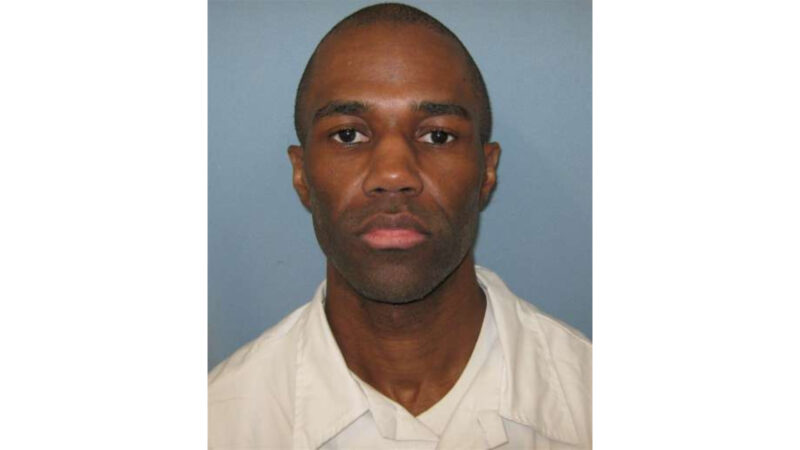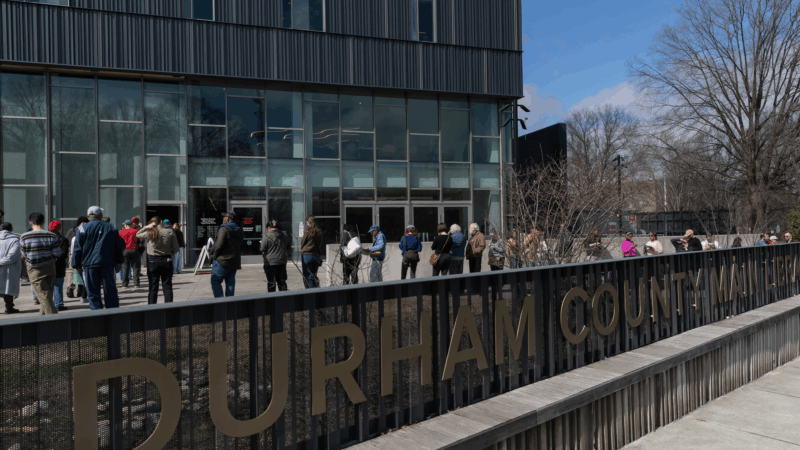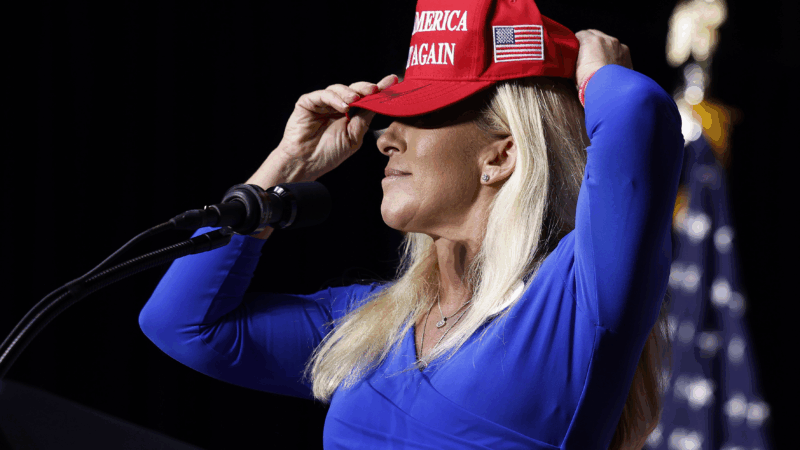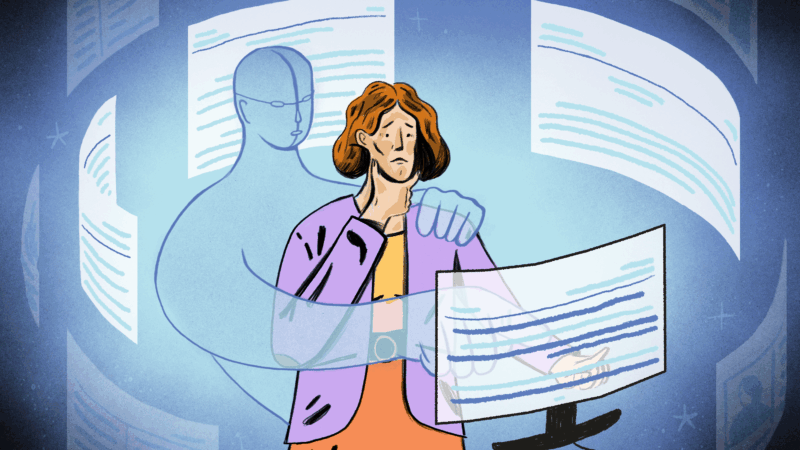Alabama inmate asks court to block nitrogen gas execution
MONTGOMERY, Ala. (AP) — Attorneys for an Alabama inmate scheduled to be the fourth person put to death with nitrogen gas on Wednesday asked a federal judge to block the execution, arguing that the first three inmates showed signs of suffering from suffocation as the gas flowed.
Demetrius Terrence Frazier, 52, is scheduled to be executed Feb. 6 for the 1991 murder and rape of Pauline Brown. His attorneys in a Wednesday court filing asked a judge to block the execution unless the state makes changes to the protocol, such as giving him a sedative before the gas begins flowing. The court filing cited witness descriptions of the state’s first three executions with nitrogen gas.
“The data set for nitrogen hypoxia executions is small —three — but provides clear results: Alabama’s method does not work the way defendants claim and necessarily causes conscious suffocation, in violation of the Eighth Amendment,” lawyers for Frazier wrote in the court filing.
Alabama last year became the first state to carry out an execution with nitrogen gas. Three inmates were put to death using the new method last year. The method involves placing a respirator gas mask over the person’s face to replace breathable air with pure nitrogen gas, causing death by lack of oxygen.
Media witnesses, including The Associated Press, described how the men shook on the gurney for the first minutes of their execution, followed by what appeared to be several minutes of periodic labored breaths with long pauses in between.
The Alabama attorney general’s office has not yet filed a response to the request to block the execution. The state previously asked a federal judge to dismiss Frazier’s lawsuit over the execution method, arguing the movements exhibited by the inmates were not a sign of suffering.
“He never confronts more likely causes of movement, including voluntary resistance or involuntary movements associated with dying, which can be misperceived as signs of consciousness or distress,” lawyers for the state wrote in a Christmas Eve court filing.
Lethal injection remains Alabama’s primary execution method.
Alabama in 2018 became the third state to authorize the use of nitrogen gas to execute prisoners. Alabama gave inmates a brief window to select their preferred execution method. Frazier was among inmates who selected nitrogen gas as their preferred execution method, but at the time the state had not developed procedures for using the gas to carry out an execution.
Frazier was convicted of killing Brown in her Birmingham apartment. Prosecutors said Frazier, while in police custody in Detroit on an unrelated charge, confessed to raping and shooting Brown after stealing about $80 from her purse. A jury voted 10-2 that he receive a death sentence. A judge sentenced him to death.
Scientists make a pocket-sized AI brain with help from monkey neurons
A new study suggests AI systems could be a lot more efficient. Researchers were able to shrink an AI vision model to 1/1000th of its original size.
U.S. evacuates diplomats, shuts down some embassies as war enters fourth day
The United States evacuated diplomats across the Middle East and shut down some embassies as war with Iran intensified Tuesday while President Trump signaled the conflict could turn into extended war.
North Carolina and Texas have primary elections Tuesday. Here’s what you need to know
The midterm elections are officially underway and contests in Texas and North Carolina will be the first major opportunity for parties to hear from voters about what's important to them in 2026.
Trump promised the MAGA base no new wars. Then he went to war with Iran
President Trump promised his "Make America Great Again" voters an "America First" foreign policy. With the war in Iran, he's testing MAGA world's willingness to be flexible on one of its core beliefs.
Kristi Noem set to face senators over DHS shutdown, immigration enforcement
The focus of the hearing is likely to be on how Kristi Noem is pursuing President Trump's mass deportation efforts in his second term, after two U.S. citizens were killed by immigration officers.
College students, professors are making their own AI rules. They don’t always agree
More than three years after ChatGPT debuted, AI has become a part of everyday life — and professors and students are still figuring out how or if they should use it.








